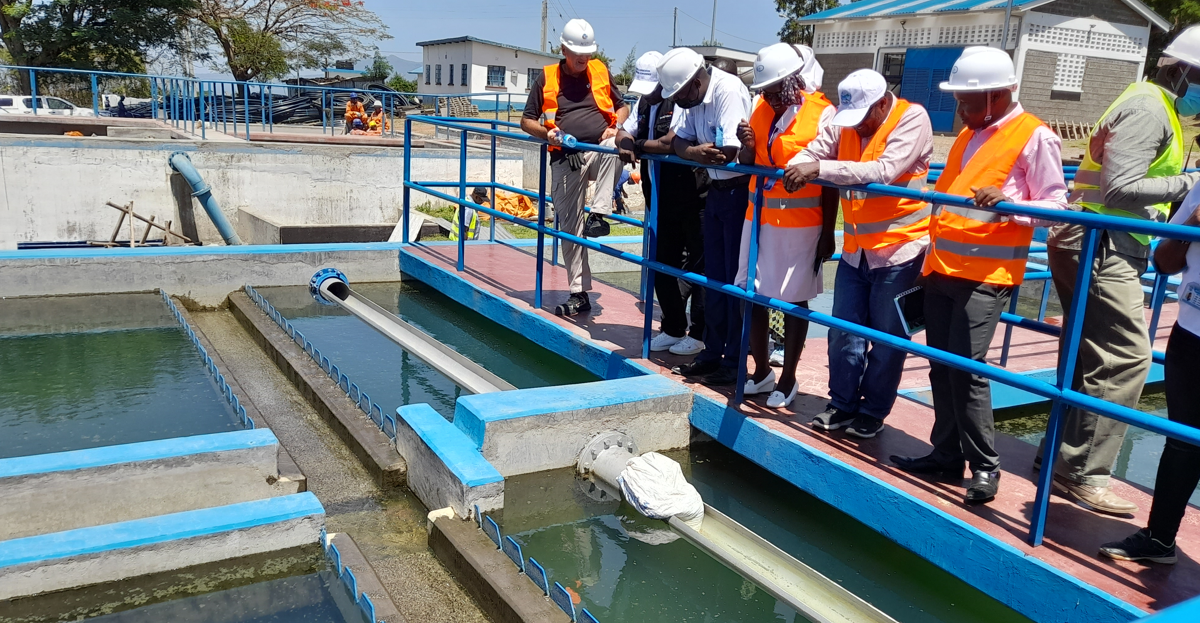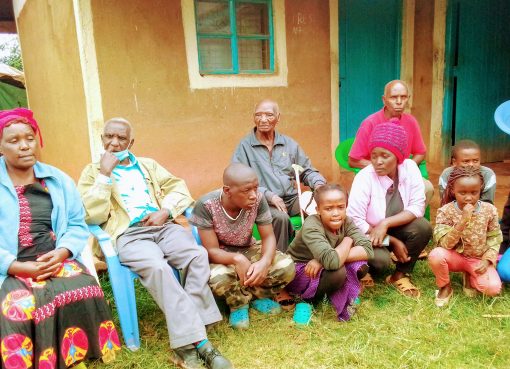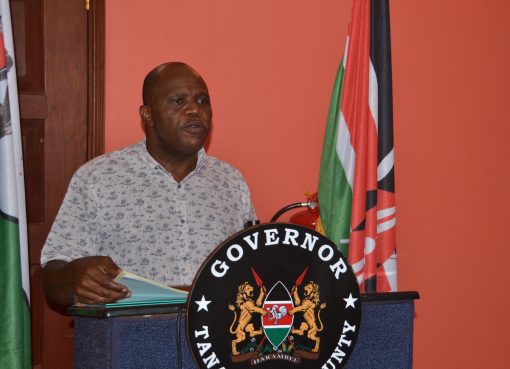Homa Bay Water and Sanitation Company (HOMAWASCO) has asked residents of Homa Bay to exercise patience while it speeds up connectivity and supply to their households.
The company said that water production has already been finalised and that the distribution is underway despite a number of challenges ranging from worn-out machines.
This comes after Bunge La Wenyenchi, a Civil Society Organisation (CSO) raised complaints of water shortage in Homa Bay for several months now.
Addressing the press after a meeting with the CSO, HOMAWASCO Managing Director Dan Oketch said that the cause of the shortage in the County is due to outdated machines and faults in electrical systems.
“Our infrastructure is dilapidated and has taken many years and it will require a lot of time to change,” he said.
Oketch said that HOMAWASCO has enhanced water production from 2,000 cubic meters to 8,500 cubic meters in a day.
“I can proudly say that water production in Homa Bay town has been enhanced and what we need is distribution,” said Oketch.
He stated that Homa Bay town requires a total of 10, 000 cubic meters a day to serve every household but they are only able to produce 8, 000 cubic meters presently.
Oketch promised residents of Makongeni, Got-Rabuor, Rangwena, and Kapita in Homa Bay town that in the next two weeks they will be having water in their households.
The three estates have been suffering an acute water crisis in the last one year due to the closure of Makongeni treatment plant which was old and could not withstand water distribution.
Oketch said that they have received approval from KENHA to construct water pipes under the road and the construction is set to start next week and will be completed in two weeks’ time.
The chairman of ‘Aluora Makare’, a Community Based Organization, Willis Omullo challenged the government to look for new ways of piping water like aerial distribution to complement the old way as underground piping is often vandalised and is also too expensive.
He further suggested that the water company should opt for alternative sources of energy such as solar systems which are renewable energy rather than electricity which is costly and unreliable in pumping water to the consumers.
“Renewable energy should be introduced to reduce the cost of water production that HOMAWASCO is dealing with as it uses a lot of money to ensure water is pumped through electricity,” he noted.
Oketch is now pleading with partners, stakeholders, and the government to work together in ensuring that the distribution process is streamlined to ensure consistency in water supply to homes.
By Otieno Angela and Sitna Omar





